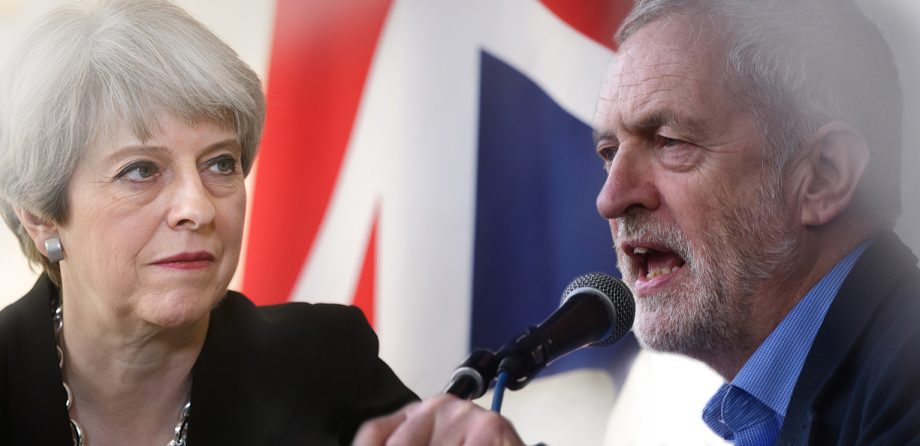The day after the night before…
Politics is often something that’s not considered ‘polite’ conversation. It can be the ruin of dinner parties, the end of friendships, and the divider of families. In the aftermath of the UK General Election, we decided to do away with social taboos and turn our weekly Showcase into an election debrief.
This election raised important questions about political engagement in today’s world. Our discussion covered many issues, such as how we use and share information, how political campaigns are fought and what drives people to engage with them, and how demographics or other contexts influence peoples’ political experiences. All in all, some pretty serious stuff.
The way in which we talk about politics was something that we immediately picked up on. Everyone had a story to tell about awkward conversations or relationships soured by that dreaded question: ‘so, who are you voting for?’ Some even said that the topic was avoided just to keep the peace amongst friends and family.
So, why is politics such a difficult thing to talk about?
Stereotypical ‘British’ awkwardness aside, we explored different reasons for the barriers we sometimes face when talking about politics. These ranged from ideas about knowledge and ‘expertise’ to the dominance of ‘sound bite’ media and news coverage online.
Something we all felt was that we often don’t feel comfortable with the information that we have access to. As even ‘facts’ have started to lose their credibility, many of us weren’t sure how to form our arguments on policy issues.
In theory, social media should facilitate transparent, equal communication, where everyone’s opinion counts and knowledge is free for all. However, access to information was something that we, ironically, struggled with during this election; we found ourselves in an information ‘overload’, where the news we consumed and shared online was more confusing than clarifying. Where do we go for the real story? Can I trust this source? The supposed transparency of social media can be misleading when every news outlet has a political stance or agenda – even those that are meant to be ‘neutral’. Not to mention the spread of ‘fake news’, however you choose to interpret, or mobilise, that phenomenon.
We were also aware of the fact that your online interactions frequently replicate your own opinions or interests. Whether it’s due to search engine optimisation or the particularities of your social media network, what appears on your screen is rarely the whole picture. Many of us felt naïve when we realised that our Facebook feeds represent the views of a specific demographic, rather than those of the whole country.
How, then, can we feel more confident, and competent, in political discussions?
We agreed that politics had to feature in our education system. Children should learn about how policies and political issues impact their lives today, in addition to the politics covered in History lessons. This is sometimes taught in A-level General Studies, and for those who take Politics, but a case could be made for starting earlier on. If we all developed a foundational understanding of politics at an early age, it may be easier to have informed, and productive, discussions later in life.
Throughout this Showcase, we thought a lot about the work we do at NKD. In many ways, the political campaigns run by all parties related to the challenges that we help our clients to overcome. Engagement is something that political strategists, as well as CEOs, have sleepless nights over. Who will you target? How will you talk to them? What motivates them? Why should they vote for you? Also, the ways that you communicate your messages can shape your political campaign. What is the ‘brand’ of your political party? Is your messaging driven by fear or by hope? Do you focus your critique on your opposition’s policies or their people? Just as in the workplace, the election showed that running things efficiently is not enough – people need to be inspired, have a sense of purpose, and know that their vote will make a difference. That’s what engagement really feels like.
These were some of the questions that we asked ourselves last week – although we may not have figured out all the answers. What we do know, however, is that political engagement is as complex an issue as ever – maybe made even more so by the rise of social media as a platform for debate and discussion. Engagement boils down to some fundamental ideas like motivation, identity, communication and leadership. Making sense of it in these terms helped us start to figure out how to discuss politics in a productive and meaningful way – making it part of ‘polite’ conversation, and saving ourselves from those awkward encounters.
Loulwa Al Rasheed-Wright
